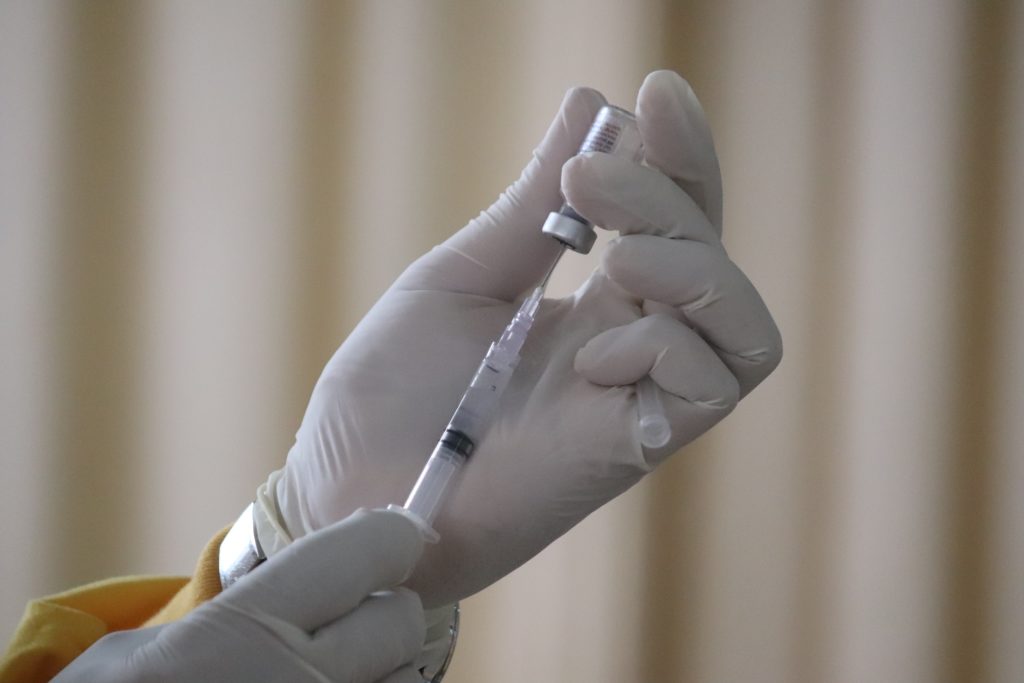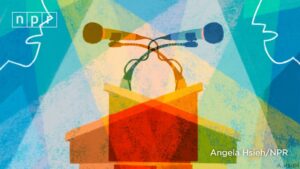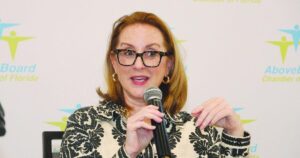What’s Inside
- Statements on why those who haven’t gotten the vaccine should not be demonized
- Arguments on both sides of the safety vs. freedom dilemma in the case of vaccine mandates
- Attendees asking questions of medical professionals and hearing their responses
Beth Malow, a physician from Tennessee, took the mic in last week’s Braver Angels’ debate covering one of the most controversial medical topics in recent history: vaccine mandates. She began her statement with a story of a friend’s father-in-law, who was unable to find a hospital opening to treat his brain bleed, as all beds were filled with COVID-19 patients. She cited this as a wake-up call, prompting her to accept the necessity of a vaccine mandate. However, this opinion was tempered with a need to approach those on the other side with an open mind.
“Now, I also believe we must not demonize those who have not yet chosen to get the vaccine. I do not call them ignorant, I do not label them anti-vaxxers. Most are ordinary Americans who are trying to make sense of the messy science,” Beth said. “I’m curious what their concerns and questions are.”
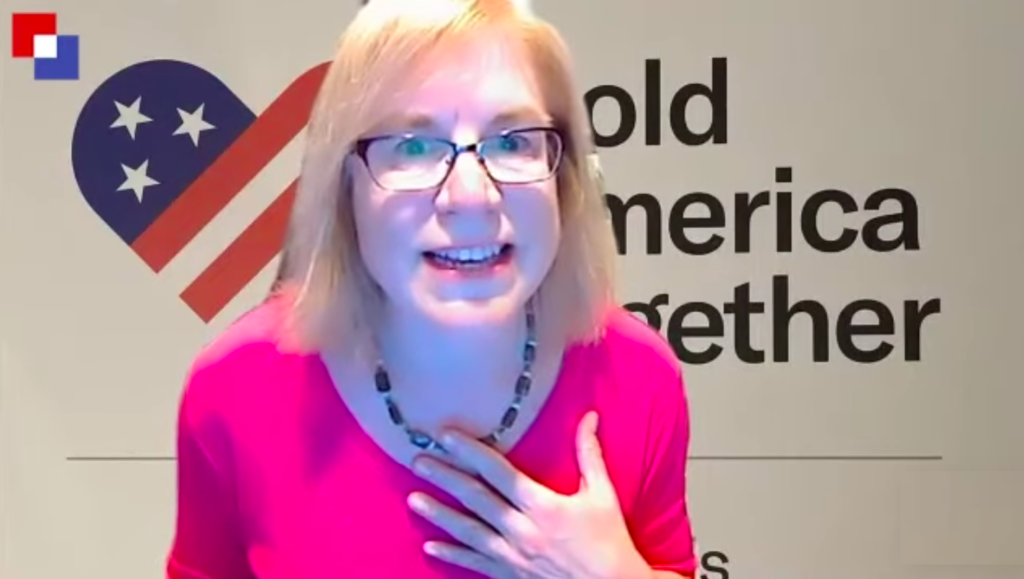
For many, the core of the issue pivoted on a debate of safety vs. freedom. They worried that by signing away the right to decide whether or not to get the vaccine, they would ultimately sign away bigger rights down the road.
“Our health care choices, our choice of doctors, our choice of medical or health modalities, our choice of medicines, and choice of substances that we allow into our bodies, are part of this sacred expression of our individuality and should be subject to no governmental coercion or lawmaking whatsoever,” said speaker Robert Karp.
This line of questioning sparked further compelling points, as participants grappled with how our society should value personal autonomy and public safety. When asked what the cost of giving up personal freedoms was, one participant answered by comparing the vaccine mandate with rules of the road.
“What is the cost of you driving? Should we as a society allow you to drive in whatever manner you want, without any concern for the laws that are there to protect the rest of us? If that simple thing is not an imposition, then why is this an imposition? How is this a reduction and a detriment to society when the other is not?” said speaker Mekai Kamara.
Beth was not the only doctor who participated in this debate. Physician Tibor, who did not give his last name, was asked about the concept of using frequent antibody tests instead of mandating the vaccine. In response, he weighed the pros and cons.
“I think we can shoot towards the goal you’re bringing up in the future with greater public health and research to be able to more finely tune vaccination, but right now in this day in 2021, I think vaccination, whether you have a prior infection or not, is what’s going to, on aggregate, the majority of a group of people, provide the best benefit,” Tibor said.
Other speakers noted their concerns with vaccine mandates and vaccine cards, worrying that they may exacerbate division within the United States. Speaker Risa Evans shared her concern about the possibility of a “medical apartheid,” as the minority of people who do not get vaccines are barred from participating in society in the way that those who are vaccinated can.
“You find yourself increasingly barred from your own life, as the efforts to obtain your compliance lead to exclusion from the key aspects of civil society, such as jobs, schools, public transportation, houses of worship, restaurants, entertainment venues, gyms, and the like,” Risa said.
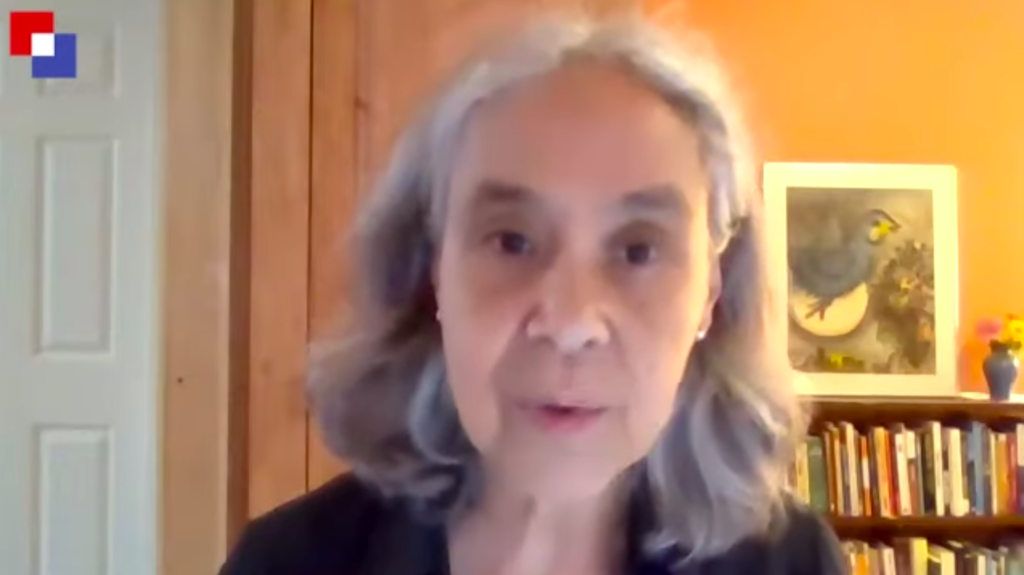
While opinions on vaccine mandates ran the gamut, exploring grey areas and points of confusion, one core belief rang true through most of the audience: a need to return to common humanity in the face of vaccine vitriol.
“The shaming and the blaming … becomes less about actually helping others and their families, but about being right,” said speaker Tina Lu Ma. “The majority of people who are vaccine-hesitant are not anti-vaxxers, they are just people who need more hope and more answers and less fear and shame in order to make an informed decision.”

